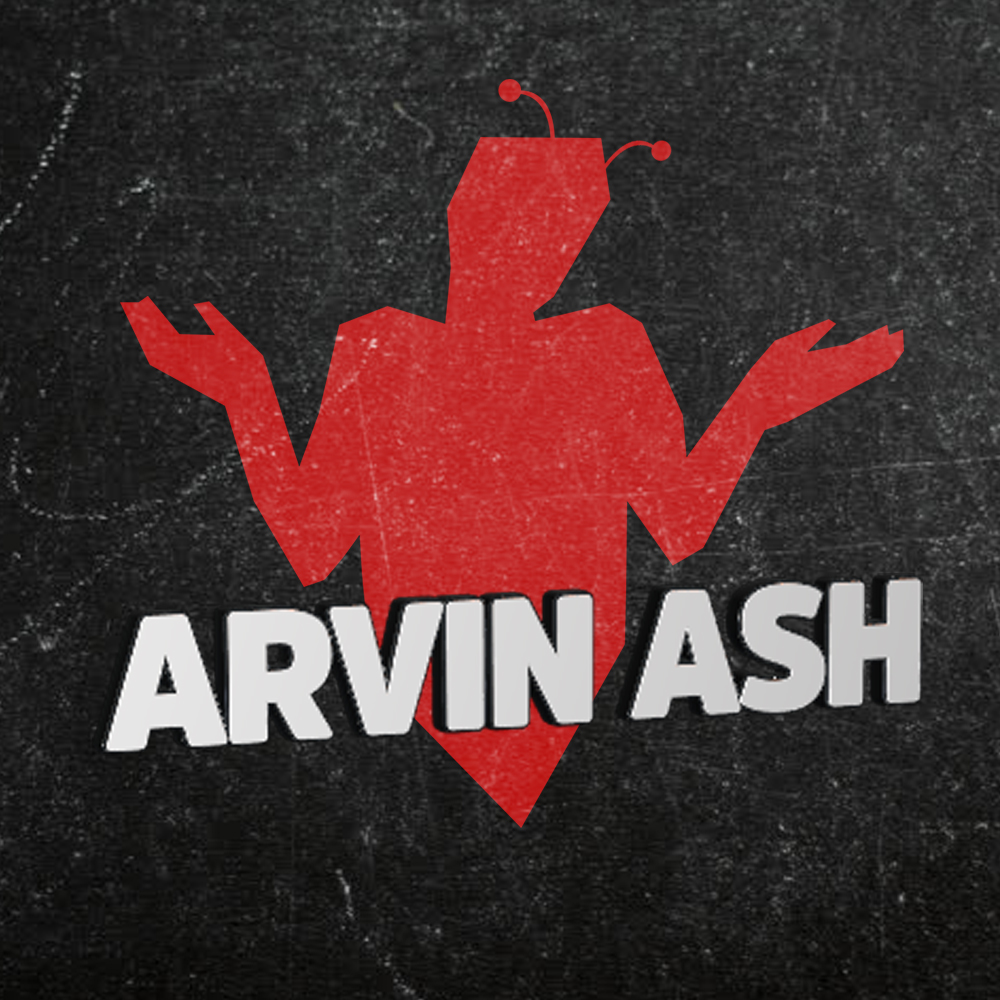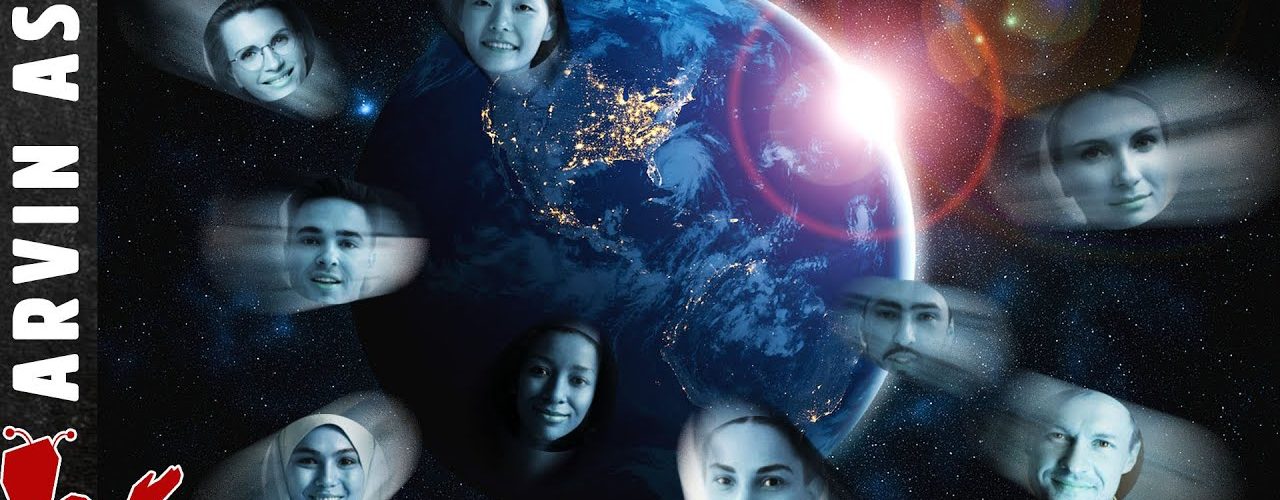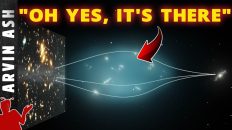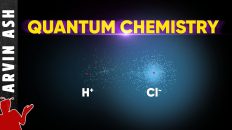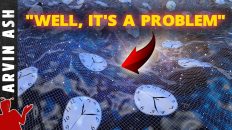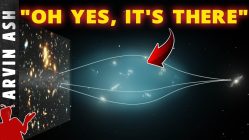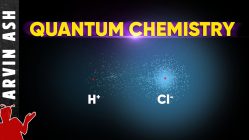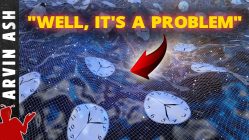0:00 – Mote of dust
1:49 – How did life begin?
5:01 – How humans evolved
7:22 – Multiverse?
8:29 – Are we alone in the universe?
10:47 – What makes humans unique?
11:24 – What is the purpose of life?
The Milky way galaxy is composed of up to 400 billion stars, and at least that many planets. Our star, the sun is one of those billions, about a third to halfway out from the galactic center.
And we humans are but one of at least 9 million different forms of life on earth. What does this mean for us? Are humans of any significance, or are we just a burden on our ecosystem? How did human get here? How did life start? How did earth get here? Does the universe have a purpose? Do humans have a purpose?
At first blush it would seem that we are indeed a speck of dust, of no particular cosmic significance. But let’s step back and look at how we got here.
Consider the improbability of not only finding ourselves in this universe, but the formation of such a universe that would have us in the first place.
The universe was born 13.8 billion years ago in a massive expansion – the big bang. It could have expanded too fast such that no structures formed. It could have expanded too slow, such that it re-collapsed into a singularity. But it expanded at just the right rate.
200 million years after the big bang the first stars formed. These were fast burning stars that burned out and exploded in supernovae explosions. They seeded the universe with heavier elements such as carbon, nitrogen, oxygen which had formed in their cores. Our own sun probably formed from such a nebula. The heavier elements that were not consumed by the =the sun, became the leftover debris that formed the planets including earth.
Earth was at such a distance from its star that temperatures allowed water to exist in liquid form on its surface, making it conducive for complex chemicals to form.
Through a process we don’t completely understand yet, molecules came together to form a simple self replicating proto-cell. Over vast time frames chemistry and evolution resulted in complex life forms.
Change the circumstances of earths early history, and we would not be here. Alter the process of natural selection and environmental stress that resulted in larger brained primates to evolve in Africa, and we would not be th intelligent creatures we are today.
And this does not take into account the laws of physics which allowed chemistry to happen in the universe in the first place.
We have won the cosmic lottery. It is not perfect nor the best it could have been for us, but the fact that we exist, even though it is for a moment, is improbable.
We don’t know what existed before the Big Bang. Are we presumptuous to assume that ours is the one and only universe? Might there be hundreds of billions of other universes? There is no evidence nor consensus among scientists.
Exoplanet data appears to indicate that most stars have planets orbiting them. If true, it is unlikely that we are the only planet that has life. But, highly intelligent life is likely much more rare. We have seen no evidence that intelligent life like ours exists elsewhere in the universe.
We have not even detected simple life on any other planets in our solar system, let alone exoplanets. If intelligent life forms are common, some would have evolved millions of years ago, or even billions of years ago. If we go by the exponential progress of technology on earth, is seems at least some of these ancient intelligent aliens should have evolved the capability to detect us, communicate with us, or even visit us. This is a weak argument, but it does point to the idea that we are probably rare.
we have come to know in just the past 500 years of our existence. If the distance from central London to times square in New York city represented the total age of the earth, all of recorded human history would be contained within the final 5 meters.
Einstein said the most incomprehensible thing about the universe is that it is comprehensible.
What seems to make us different from lifeless objects is that through our senses, our emotions and our brains, we can connect to the rest of the cosmos. And in this regard, no living thing on earth is perhaps so deeply connected.
#purposeoflife
#moteofdust
Does it really matter if we are a speck of dust in the vast space of the cosmos? Do we really need to play make-believe in order to have meaning or purpose? Is our connectedness, and the absurd improbability of our existence not enough?
Maybe the purpose of the cosmos is…(more in video)
